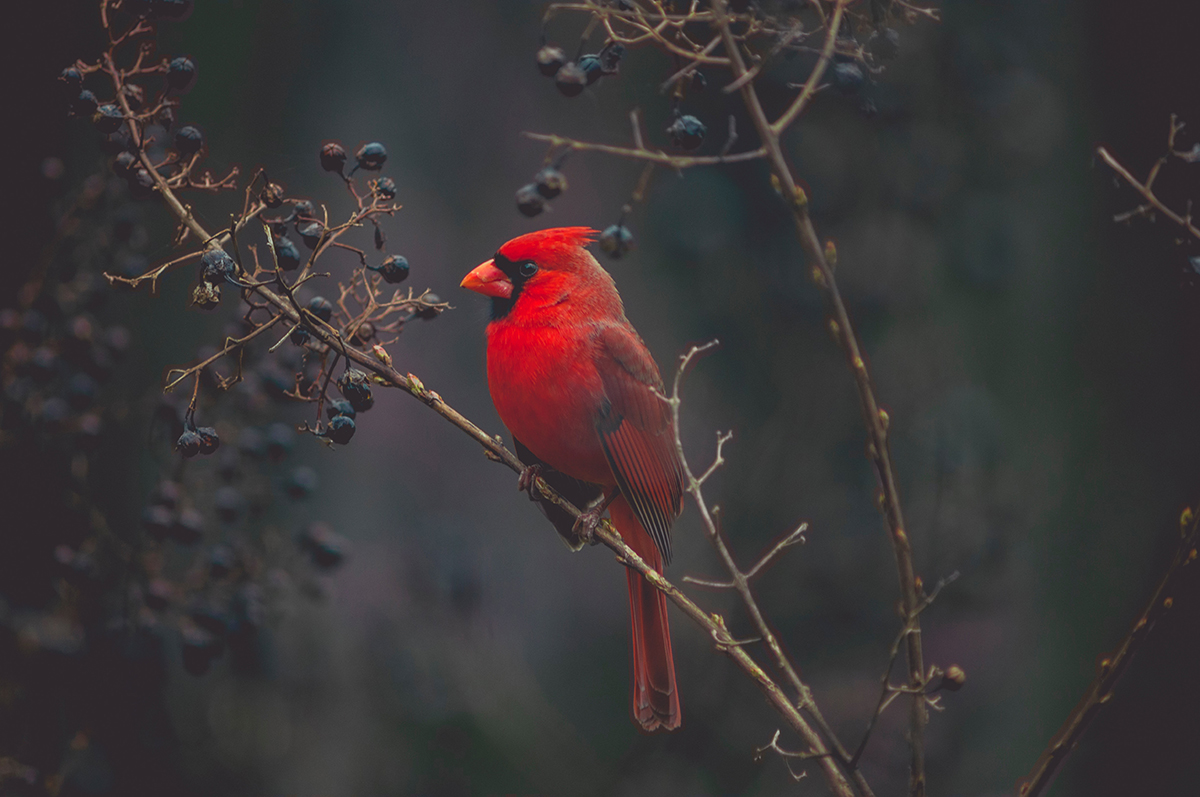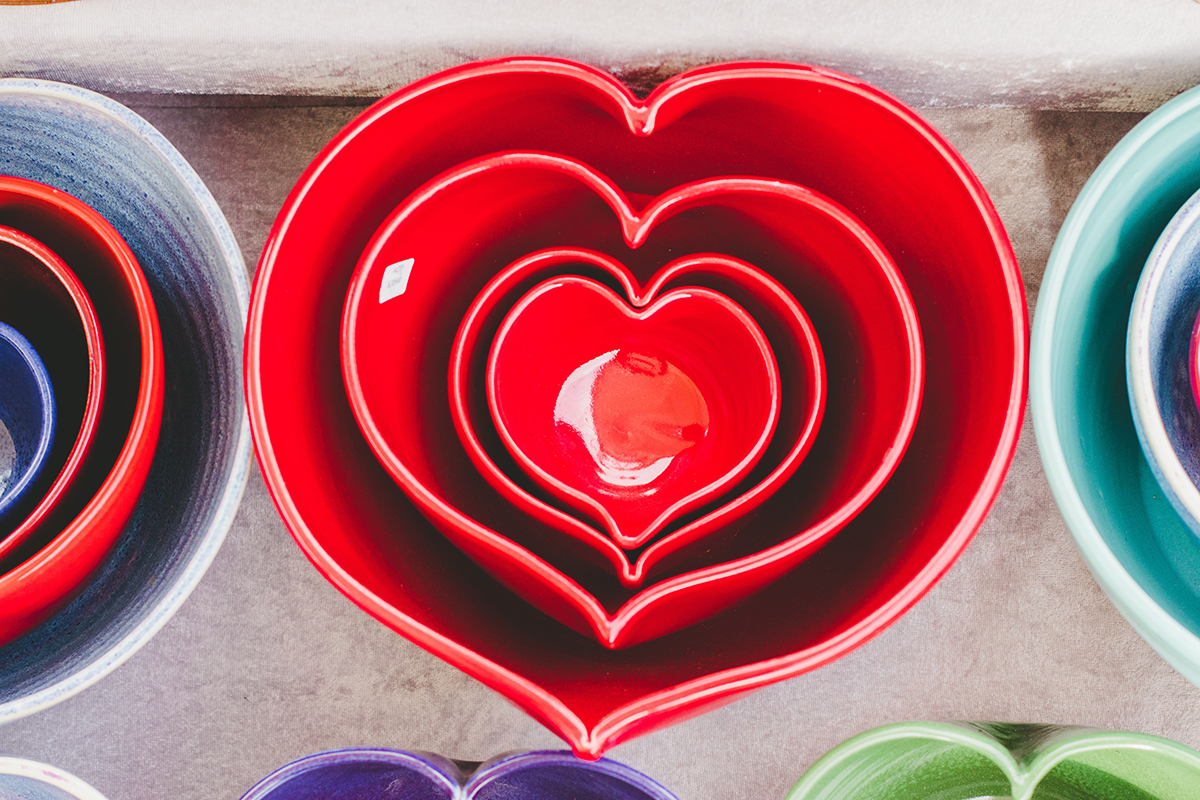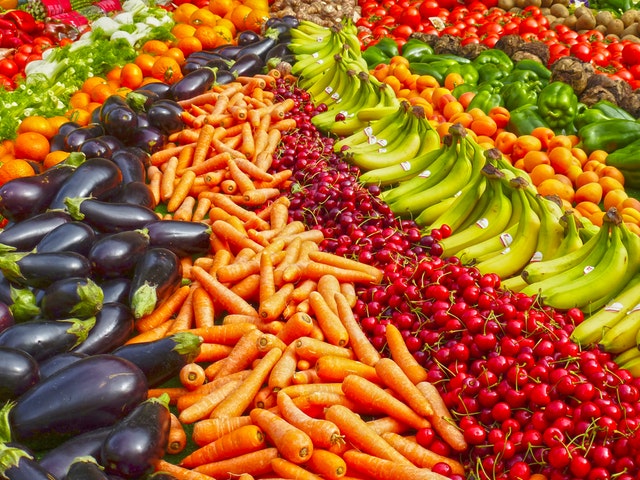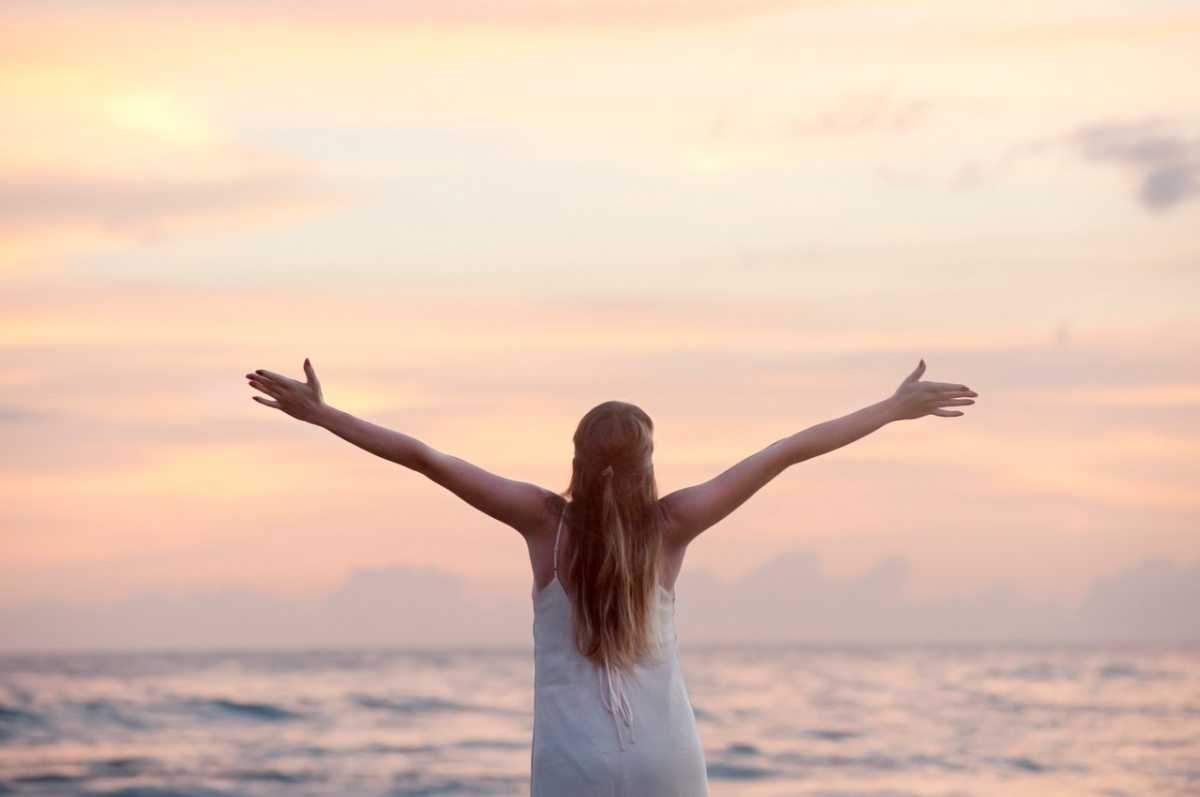In my state, COVID-19 vaccination looks like something out of an apocalyptic film. National Guard soldiers – in uniform – direct cars around strategically placed orange cones. Trucks and tents are positioned within walking distance from waiting civilian vehicles. Empty parking lots have been transformed into visually impactful scenes that feel more like movie sets than reality. And yet, when a syringe-bearing soldier swabs your arm through your window, it’s real.
If you’re anything like me – and you, too, are vaccinated in this manner – the weight of what you’ve survived might hit you. Perhaps it’s hard to hold back the tears that threaten to cascade down your face and soak your mask. You might clear your throat and blink rapidly, as gratitude and a sliver of hope bloom in your chest.
Or not. Maybe – for you – it’s just another day in this century’s version of the “roaring” twenties. Maybe you’re desensitized or you simply don’t care. Maybe economic insecurity is scarier than the virus, and you don’t have the bandwidth for both.
No matter how you experience the latest developments in the COVID-19 epoch, it’s undeniable that these are consequential times. There is a shift occurring in human consciousness and it’s uncertain where all the moving parts will land.
I can only speak for myself but I’d be lying if I said I don’t struggle to get out of bed some mornings or I don’t find myself crying without really understanding why. But fear and hope share a table in my guest house, and the hopeful guest has developed a shaky acceptance around the events that are unfolding.
Why? Well, we have to expose all we are uncovering to the light of day. We cannot heal that which we continue to bury. Like seeds, the truth will only push through the dirt, demanding attention in increasingly distressing ways.
Our generation – our generations, more accurately – have been tasked with bridging a before and an after. My role, as I see it, is to bear witness and to help when I can.
Most of us learn the hard way and we haven’t managed to transcend this trait, even though it has arguably lost much of its usefulness. The Universe is rattling across our bedside table like a predictive alarm clock, and many of us are still stubbornly slamming our palms against the snooze button. It doesn’t get much louder than nearly half a million dead and the stirrings of (un)civil war. These are unnecessary growing pains – unnecessary because it takes excruciating discomfort to pierce the depth of our slumber rather than a gentle shake.
Just because I’ve managed to make a tiny bit of sense of things on an intellectual level, doesn’t mean going through it is easy. One of the biggest challenges I grapple with is when I hear someone preach that we “shouldn’t be afraid” – or, worse, when someone goes on a condescending tirade about being “above fear”. In the Buddhist tradition (for the record, I am NOT an expert on Buddhism, so I may explain this poorly), fear is a “klesha” or an “afflictive emotion”. Kleshas cause suffering and lead to actions that perpetuate more suffering. All beings, naturally, want to be free of suffering. Although I don’t disagree with these Buddhist teachings, I also believe that fear is a normal human emotion. Fear becomes afflictive when we luxuriate and live in it. (Boy-oh-boy do I know a little something about THAT. Talk about Addiction 101!).
I have the same contempt for belittling people who are afraid as I have for verbally and emotionally abusive behavior. It is abusive to invalidate someone’s lived experience. That’s not to say I haven’t belittled people or been emotionally and spiritually immature. I certainly have. It’s a part of my shadow nature that grosses me out but I acknowledge is there. If you were to read all 60+ entries of this blog, I’m sure you could find it.
People who are fearful don’t need to be told they shouldn’t feel the way they feel. They need a little validation and some support moving through the emotion. I mean, I can only speak for myself, but I imagine it must also be true for others.
But sometimes that kind of giving is so much easier said than done. As a species, I don’t know when we will be up to the task. I think that’s what this whole ruckus we’ve been dealing with is pointing out. I grumble about what a dickhead so-and-so is because I can’t connect with their humanity. Fearful people often engage in “unwholesome” behavior and it’s hard to greet that presentation with compassion. So we get stuck in kleshas and aversion. We suffer and make other people suffer. Hurt people hurt people.
I’m currently reading The Book of Forgiving by Desmond and Mpho Tutu, and they reference the story of Bishop Malusi Mpumlwana, an anti-apartheid activist who was tortured by South African police. One passage reads, “in the midst of his torture, he had an astonishing insight: ‘These are God’s children and they are losing their humanity. We must help them recover it'” (34). I haven’t yet processed my feelings about the book as a whole (I also haven’t finished it), but that passage was like a smack in the face.
One of my favorite instructors said, in a recent lecture, “Inner peace is a unit of world peace”. That pretty much sums up everything we need to know. And yet we just. do. not. get. it.
But my point, today, is that it’s okay to feel how you’re feeling right now. If you’re afraid – that’s okay. If you’re angry – that’s okay. If you’re numb – hey, that’s a survival mechanism. If you’re exhausted – totally understandable, be kind to yourself. If you’re sad – that makes sense. Look at how much we are grieving.
This upheaval may be jolting our consciousness into a new level of wakefulness – although it hasn’t exactly been effective yet – but the jolt is traumatic and has a high cost. The tricky thing we’ll have to navigate is how not to get permanently stuck in our grief, horror and anger. One of my mentors told me to think of myself as a cargo ship returning to or leaving harbor. I need at least two tugboats to escort me. Four or six would be better. We need each other to get unstuck. We don’t even have to say anything – just move alongside. That is my work as both a human and as a chaplain, and also one of my primary needs.
By the way, the only reason I am able to write any of this is because of my mentor – a radiant tugboat. She told me it’s okay and that I’m not alone. It’s okay that I can only manage the bare minimum; it’s okay that my house is dusty and I haven’t read those stacks of books; it’s okay that sometimes I sit in my car – with nowhere to go – just to feel human again; it’s okay that I’m failing my no-spend January challenge; it’s okay if I don’t have the bandwidth for baking bread or answering email; it’s okay if some things are not okay and there is not one damn positive thing about them.
It’s okay, it’s okay.
















